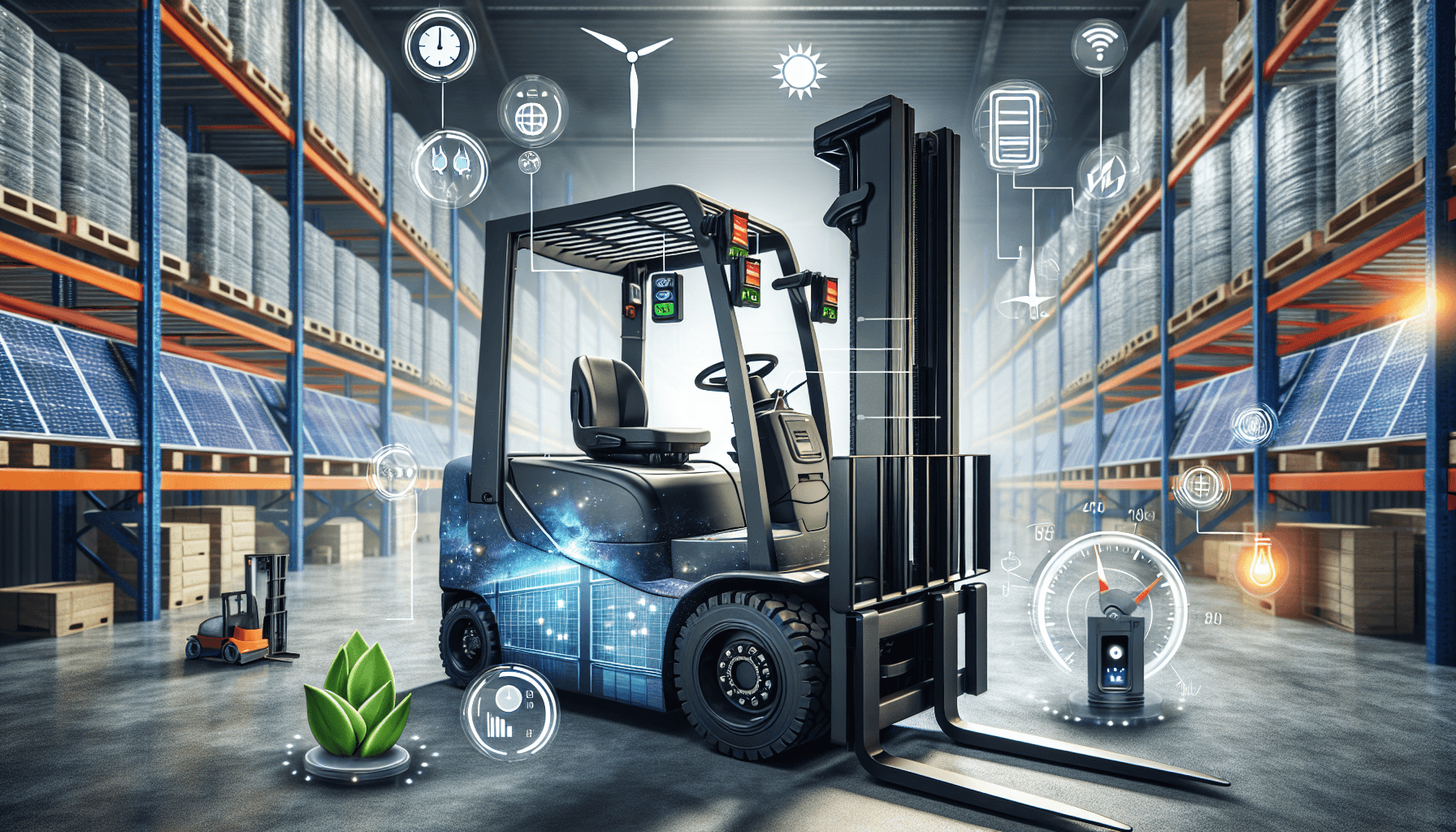Warehouse operations rely heavily on forklifts to move, stack, and transport goods efficiently. These powerful machines are essential in maximizing productivity and ensuring smooth operations within a warehouse environment. However, one critical aspect that often gets overlooked is forklift battery energy management. The proper management of forklift batteries can bring numerous benefits, ranging from increased productivity to cost savings and overall operational efficiency.
The Importance of Forklift Battery Energy Management
Forklift batteries are the lifeblood of warehouse operations, providing the necessary power for these machines to perform their tasks effectively. However, without proper management and optimization, the performance and lifespan of these batteries can be significantly compromised. This is where forklift battery energy management comes into play.
By implementing effective battery energy management strategies, warehouse operators can ensure that their forklifts are operating at peak performance while extending the lifespan of the batteries. This not only improves overall productivity but also helps reduce operational costs and environmental impact.
The Benefits of Forklift Battery Energy Management
1. Enhanced Efficiency and Productivity:
Properly managing forklift battery energy allows for optimized charging and discharging cycles. With advanced energy management systems in place, warehouse operators can ensure that forklifts are always ready for use, minimizing downtime caused by battery recharging. This leads to increased operational efficiency and productivity, as forklifts can be utilized more effectively throughout the day.
2. Increased Battery Lifespan:
Implementing battery energy management practices, such as regular maintenance, equalization charging, and avoiding deep discharges, can significantly extend the lifespan of forklift batteries. By reducing the strain on the batteries and optimizing their charging cycles, warehouse operators can maximize their investment by getting the most out of their batteries.
3. Cost Savings:
Proper battery energy management can lead to significant cost savings for warehouse operations. By extending the lifespan of forklift batteries, operators can reduce the frequency of battery replacements, which can be a substantial expense. Additionally, optimizing charging cycles and avoiding unnecessary energy waste can help reduce electricity costs.
4. Improved Safety:
A well-managed forklift battery fleet ensures the safety of warehouse employees. Regular maintenance checks allow for the early detection of battery issues, preventing potential accidents caused by faulty batteries. By properly managing battery energy, operators can avoid situations where forklifts unexpectedly lose power, reducing the risk of accidents and injuries.
5. Environmental Impact:
Effective forklift battery energy management contributes to a greener warehouse operation. By optimizing charging cycles and avoiding unnecessary energy waste, operators can reduce the overall energy consumption of their fleet. This not only helps reduce carbon emissions but also lowers the environmental impact associated with manufacturing and disposing of batteries.
6. Compliance with Regulations:
Proper battery energy management ensures compliance with relevant regulations and standards. Depending on the industry and location, there may be specific regulations in place concerning the handling and disposal of forklift batteries. By adhering to these regulations, warehouse operators can avoid penalties and maintain a positive reputation.
7. Integration with Warehouse Optimization Solutions:
To streamline forklift battery energy management, warehouse operators can integrate their processes with warehouse optimization solutions. These solutions provide comprehensive insights into battery performance, usage patterns, and maintenance needs. By leveraging data analytics and automation, operators can make informed decisions to optimize energy consumption and maximize productivity.
Click here to learn more about how HCO Innovations can help you optimize forklift battery energy and improve overall warehouse operations.
Conclusion:
Forklift battery energy management plays a crucial role in enhancing safety, productivity, efficiency, and cost-effectiveness within warehouse operations. By implementing effective battery energy management strategies, warehouse operators can unlock a range of benefits, including increased operational efficiency, cost savings, extended battery lifespan, improved safety, reduced environmental impact, and compliance with regulations. Leveraging innovative warehouse optimization solutions can further enhance forklift battery energy management, allowing operators to gain valuable insights and make data-driven decisions.

